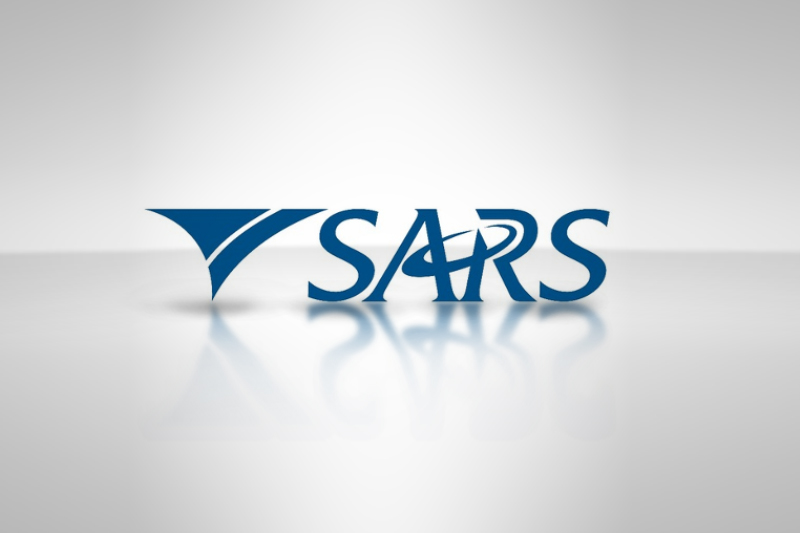As part of the announcement, SARS announced a number of other changes which it was looking to introduce during the upcoming tax season.
These include:
1. SARS has sent personalised and direct communication to taxpayers who may not have to submit a return, based on information submitted during tax season 2017, setting out their specific tax obligations.
2. The taxpayer does not need to submit a return if ALL the following criteria apply:
The taxpayer’s total employment income / salary for the year of assessment (March 2017 to February 2018) before tax was no more than R350,000;
Employment income / salary for the year of assessment was received from one employer;
The taxpayer has no other form of income (e.g. car allowance, company car fringe benefit, business income, taxable interest or rental income or income from another job);
The taxpayer does not want to claim for any additional allowable tax related deductions or rebates (e.g. medical expenses, retirement annuity contributions, travel expenses, etc).
3. Verification letters will be more specific in terms of the supporting documents that SARS requires from taxpayers who may have been flagged for a specific risk. This will assist taxpayers to respond timeously and accurately.
4. Taxpayers will be encouraged to file via eFiling on their own. “We will support eFilers with the Help-You-eFile service which connects the taxpayer to one of our tax agents in real time via the contact centre while both are online. The taxpayer is then assisted each step of the way,” the revenue service said.
5. Tax returns for the current year of assessment will take priority over outstanding returns filed for prior years. “Unfortunately, experience has shown that the submission of prior year returns poses a risk to taxpayers that are taken in by scammers and other tax fraud that we have detected,” it said.
6. Where an assessment on one return may reflect a refund due, there may be instances where prior returns may reflect that the taxpayer needs to make a payment. These amounts will be offset against each other and the taxpayer will be notified of the outcome, SARS said.
7. Tax practitioners will be requested to strictly use eFiling for submitting taxpayer returns and avoid doing so at a branch.
8. Administrative penalties for late submissions will be imposed, as they have been in previous years.





